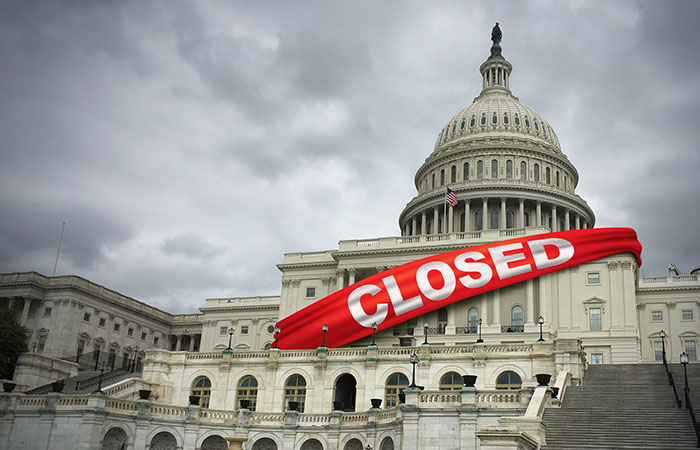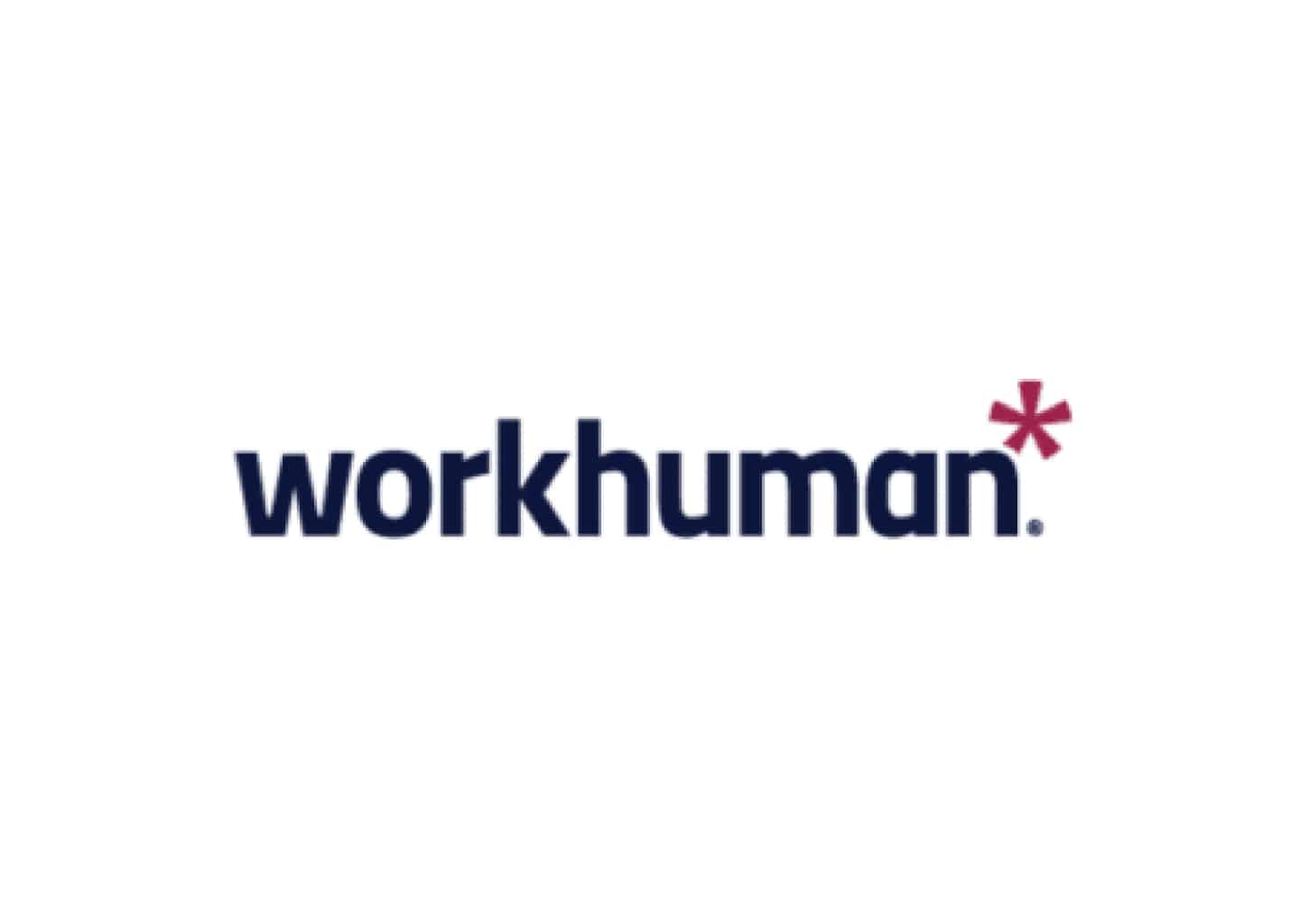The government shutdown has entered its third week, prompting waves of furloughs and layoffs and shuttering government services across the country. HR leaders at private employers are feeling the effects, including through missing market data and heightened risks to employee wellbeing.
Despite the disruption, HR can’t let the shutdown disrupt compliance, say legal experts. In particular, employers remain “fully bound” by the National Labor Relations Act, says labor and employment attorney Victoria Stockton Breese of firm Foley & Lardner LLP.
The National Labor Relations Board is “currently closed due to a lapse in appropriated funds,” according to the agency’s website, meaning cases and rulings are halted. That may drive up uncertainty and enhance risk, Stockton Breese wrote recently in a blog post on the firm’s site. She urged HR to remember that compliance needs to remain business as usual throughout the shutdown.
Stockton Breese cited five critical compliance issues related to the NLRB that HR should remember through today’s uncertainty.
1. Protected activity
Even though the NLRB is not actively processing cases, if an incident arises during the shutdown regarding potential violations of fair labor standards—from protected discussions about terms of employment to union activity—the board could consider the case when it resumes operations. “Employers must continue to respect employees’ rights to engage in protected concerted activity,” Stockton Breese writes.
See also: Employers aren’t prepared for rising labor activity; what is HR’s role?
2. Collective bargaining
Employers with unions must continue to honor their agreements, including meeting with union leaders and following contract terms. “Failing to do so,” she says, “could result in [an unfair labor practice] charge once the NLRB resumes operations.”
3. Operations
While the NLRB isn’t currently overseeing typical operations like union elections and ballot counts, these will resume—and HR needs to ready their organization for that time.
4. Processing delays
The shutdown will, undoubtedly, mean that NLRB activities will be slower than usual once they restart, Stockton Breese writes. “This may delay resolution of pending matters, but it also means that any questionable actions taken during the shutdown will eventually come under scrutiny,” she says. HR can use this time during the shutdown, she advises, to review compliance policies and ensure manager training is up to date.
5. Continuity of state regulations
While the federal government isn’t fully operating, state agencies are—and movement on HR and compliance issues remains active. While the NLRB may ultimately halt some state-level efforts—such as new laws in New York and California regarding oversight of private-sector unions, Stockton Breese cites—such laws are proceeding as usual in the meantime, and employers must stay informed and compliant.




















